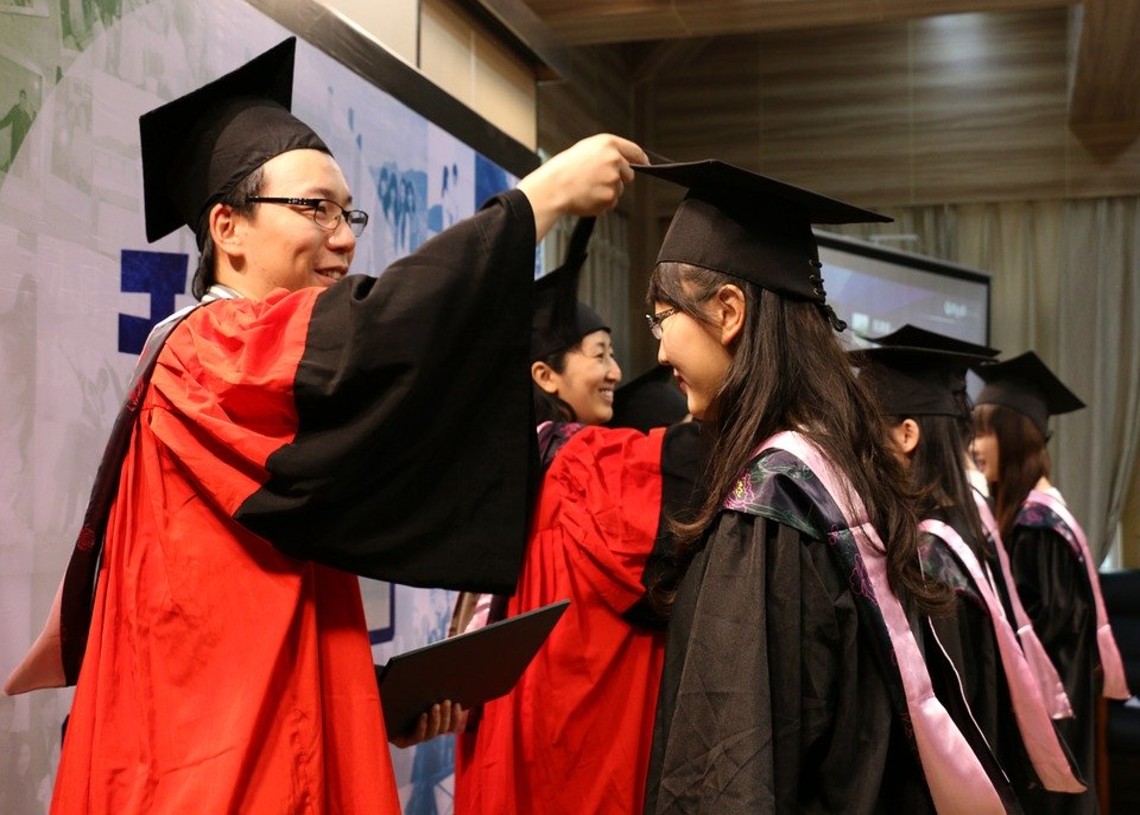An Australian university was warned that teaching Chinese students content that might be termed as divisive by the Chinese government may risk them being cut off from their students.
A draft report dated 7th February warned the University of Technology Sydney about the risk of their Chinese students getting cut-off from the university if they taught unapproved content online to students in China. The report was drafted by the university’s internal working group.
Warning about content for Chinese students
The group had been established to assess the risk involved in holding online classes in China. The group was also tasked with providing advice on how to reach on students who had been stuck in China.
In February, the spread of coronavirus had not started spreading globally at an alarming rate. However, China’s outbreak was at the peak during that time, therefore, they had travel restrictions to and from Australia. Students who had gone to China for holidays found themselves in a tough spot, whereby the were not allowed back into Australia.
The report indicated that, while the university online platforms were capable of sharing learning materials around the world, the situation in China required special attention. They argued that the learning materials they were teaching Chinese students may be flagged as inappropriate, or politically incorrect, through the heavily censored Chinese networks, and this may lead to their main domain, ‘uts.edu.au’, getting cut off.
Advice from the internal memo
The internal memo advised the UTS that they should find a way to navigate such diplomatic terrains, by guiding their teachers to use language that was acceptable in China to avoid censorship.
However, UTS Deputy Vice-Chancellor (Education and Students) Professor Shirley Alexander, who was the first to receive the memo and also the only one, decided not to follow such directives that had been suggested by the draft.
She however decided to include other recommendations such as technology guidelines that had been suggested by the internal memo in a public memo that was later released to both the students and staff. The memo, however, did not mention the self-censoring of staff recommendation that had been suggested by the internal memo.
Some of the advice that was put into use included the realization that some platforms such as Zoom, Microsoft Teams and other online platforms would not work in China. Therefore, the school needed to come up with other solutions for teaching students who had been stuck in China.
Fast forward to months of lockdowns and adoption of online learning across the globe, International Education Association of Australia chief executive Phil Honeywood said Australia’s public universities, commended the Chinese government for failing to censor content that was taught through their network. He attributed this to the majority of Chinese universities also adopting online learning.
Featured image by Pixabay







